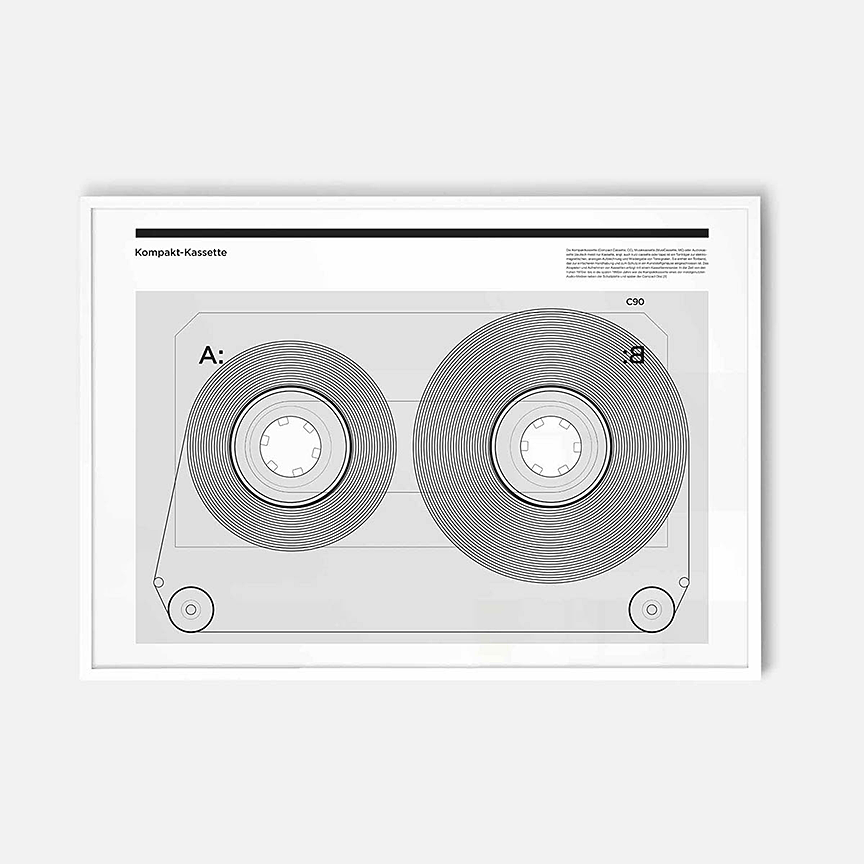If you grew up in the nineties, I’m sure you remember the ever-changing landscape of media formats, not to mention all of the frustrations they brought along with them. The vinyl record, a notorious stalwart, received its first major blow soon after cassettes were introduced in the sixties and seventies. Before compact discs (or my personal favorite, the MiniDisc), DVDs (or Blu-rays), or even MP3s, the cassette helped usher in a new way of consuming media portably and on demand. Instead of scheduling your life around an episode of Friends or Seinfeld, you could simply turn to your favorite audio or video cassette to fill the time.
Thanks to the National Library Service and their talking-book program, the practice of recording narrated material for the blind and those with physical disabilities began in earnest around 1931 after an Act of Congress. The main challenge in producing audiobooks is finding the talent necessary for narrating and mixing said audio. Setting aside the need for publishers and nonprofits to pay narrators and producers, the amount of time needed to record can also be an obstacle. The availability and accessibility of audiobooks has led to several instances where publishers either contract out their production work or have authors produce their own. In the case of small presses and self-published authors, handing over original content can prove to be a tricky matter, as the original intent of a work can be altered or completely lost in translation. According to an article on Literary Hub, the audiobook—whether it be fiction, nonfiction, or educational—”grew exponentially with the advent of cassette tapes,” and “revenue for books on tape reached $200 million in 1987 and $1.5 billion in 1995.” This exponential growth is reflected in the sales figures of the last two years, which grew 37 percent from 2017 to 2018. Certainly, audiobooks are a viable and worthwhile prospect for both small and large presses.
With the popularity and proliferation of digital devices like the iPhone and iPad, audiobooks and their close cousin, the podcast, have become uniquely convenient for those multitaskers looking to fill extra time during their commute or workout. This does bring up the question of whether or not this practice of listening rather than reading is a legitimate method of comprehension. Daniel T. Willingham notes that “print may be best for lingering over words or ideas, but audiobooks add literacy to moments where there would otherwise be none.” I’ll echo a sentiment found in John B. Thompson’s Merchants of Culture, where he quotes a small-press owner in Britain: “the very reading experience is one of the most intimate things there is.” This intimacy is reinforced within the medium of audiobooks, which, like many other digital technologies, is widening exposure for many authors.

